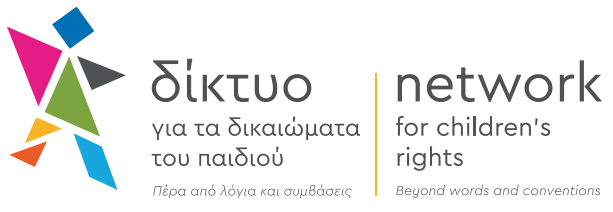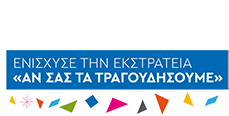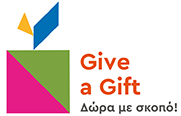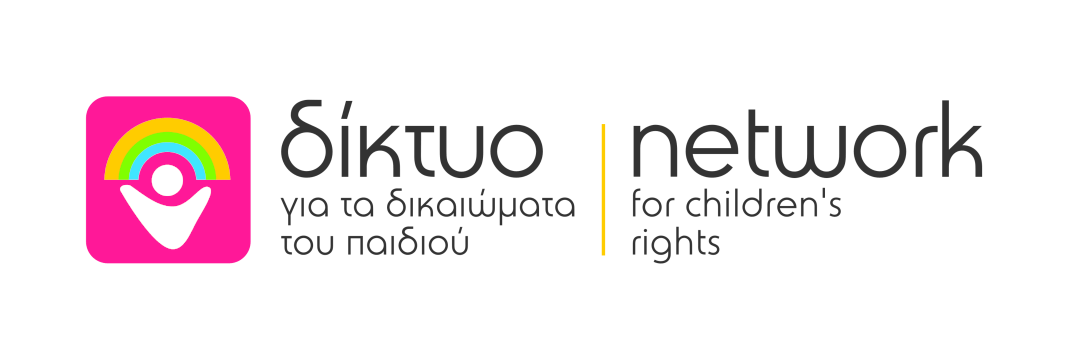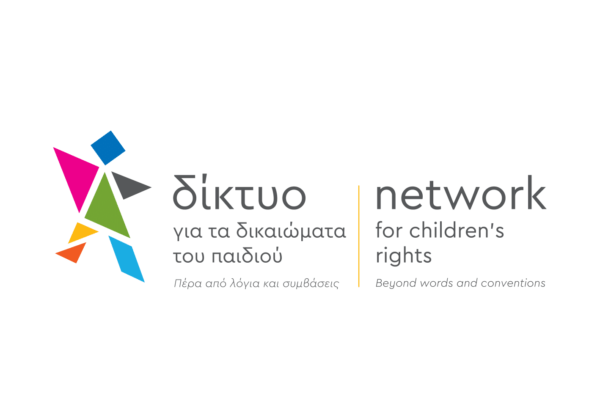A child in Greece is called to testify up to 14 times to the appropriate state bodies about a traumatic experience of abuse, either it is physical or sexual, in the context of a report and its subsequent judicial investigation. As a result of this practice, children endure immense hardship trying to report their traumatic experiences over and over again, in unsuitable environments, such as public authority buildings, places that even adults find repulsive, where children are put in a position to recall and relive their trauma.
In order to put an end to the above-mentioned re-traumatization of abused children, so-called “Children’s Homes” have been established worldwide: well-designed spaces, decorated with colors appropriate for children, reminiscent of home, and with a layout that allows children to share their experiences through following appropriate procedures with specialized professionals. This takes place all while in the adjacent area, relevant authorities are gathered, who collectively decide on all the questions that need to be asked, minimizing the inconvenience or placing further burden on abused children.
Although “Children’s Homes” or otherwise known as Independent Offices of Underage Victims have been established in Greece since 2017, they have not been put into operation four years later.
During a period of serious revelations concerning abuse – mainly of a sexual nature – of minors, the issue of the non-operation of “Children’s Homes” becomes more crucial. The Network for Children’s Rights, SOS Children’s Villages and Terres des Hommes Hellas bring forward this very serious issue in an online discussion that you can watch here (Facebook) and here (YouTube). During this discussion, where the audience watched with great interest and participated by asking key questions, former Areus Pagus Prosecutor Ms. Xeni Dimitriou, the Deputy Ombudsman for Children’s Rights Ms. Theoni Koufonikolakou and Assistant Professor of Forensic Psychology at the University of Crete Ms. Olga Themeli shared their experiences, suggestions and efforts at the invitation of the above-mentioned organizations. Additionally, the Director of Social Work and Advocacy for SOS Children’s Villages Mr. Stergios Sifnios, the Director of Communication and Advocacy of Terres des Hommes Hellas Ms. Melina Spathari and the Director of the Network for Children’s Rights Mr. Panos Christodoulou participated in the discussion. The discussion was moderated by Myrto Xanthopoulou, Strategic Advisor for Charity and Civil Society.
The difficulty in operationalizing “Children’s Homes” exposes a series of issues that are intertwined with the issue of child abuse and how the Greek State treats abused children, but also how it treats children in general.
Children, who everyone claims to be our future, do not seem to be our priority at the moment.
